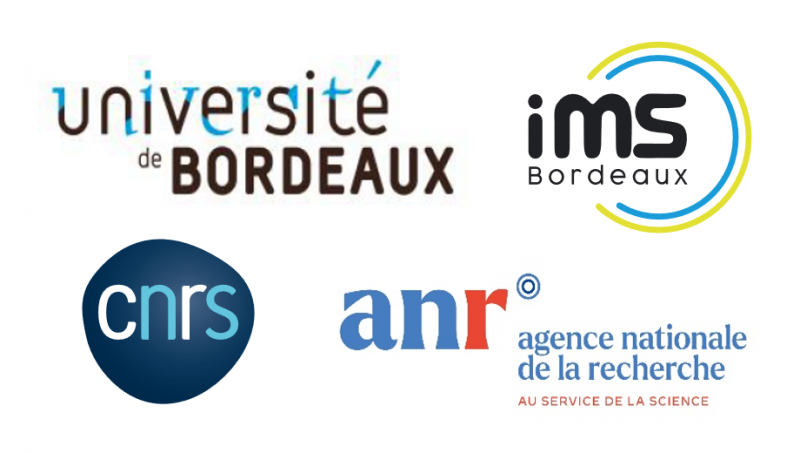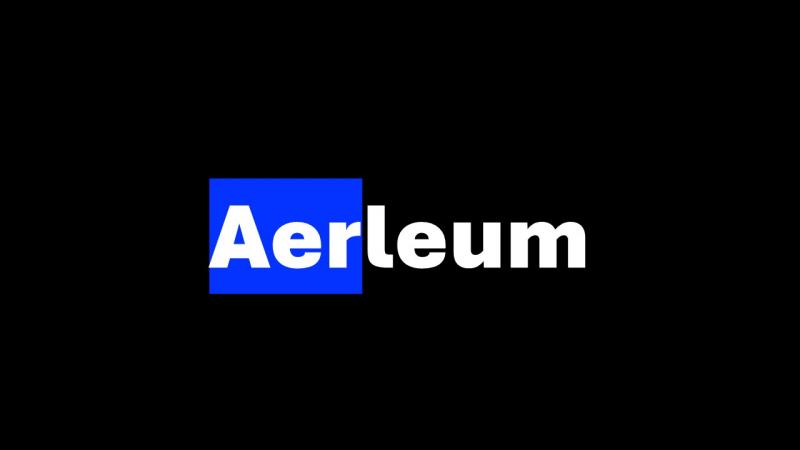PhD thesis: Modelling of human pancreatic Islet electrical aCtivity for bio-inspired automated insulin delivery system
| ABG-131904 | Sujet de Thèse | |
| 13/05/2025 | Autre financement public |

- Sciences de l’ingénieur
- Numérique
- Santé, médecine humaine, vétérinaire
Description du sujet
Context:
The topic is part of the MIMICbio project (Mathematical Modelling of human pancreatic Islet electrical aCtivity for bio-inspired and fully automated insulin delivery system), funded by the French National Research Agency (ANR, https://anr.fr/Project-ANR-24-CE51-6734). Although automated insulin delivery (AID) systems - also known as artificial pancreas - are gaining considerable interest [1,2] as a safer, more reliable and more comfortable way of caring patients with type 1 diabetes (T1D), no solution has yet become the norm. In fact, AID systems are still limited to partial automation, i.e. meals have to be announced, the amount of carbohydrate taken during meals has to be estimated, and hypoglycaemia can still occur due to over-administration of insulin. MIMICbio project aims to overcome the limitation of partial automation by taking inspiration from the mechanisms of the pancreatic islets, and by learning from the lifestyle of the T1D patient. Note that the PhD funding is already obtained!
Goal/methods:
T1D is an auto-immune disease which destroys the pancreatic β-cells so that no endogenous insulin is produced. The aim of the PhD project is to build dynamic models of healthy human islets (including β-cells) in order to derive a bio-inspired AID system, i.e. design an artificial pancreas which is based on models able to mimic healthy pancreatic islets [3,4]. From biological experimental data carried out at the CBMN lab (Univ. Bordeaux), pancreatic islets were cultured on MEA electrodes in an Organ-on-Chip (OoC) framework, and subjected to glucose stimulus (step-like dynamic, etc.). Islets generated an electrical activity measured by the electrodes. Preliminary result has been obtained by using subspace techniques, coupled with a grey box approach to model the multicellular β-cells activity (termed Slow Potentials [3]) of the islets. Modelling of such activities is of great interest for control purpose, since it characterises insulin need. However, the range of validity of the preliminary model is limited (step-like glucose rise). Targeted contributions are to i) develop and validate dynamic models reproducing the multicellular activities of β-cells and their specific kinetics during realistic meals, ii) considering the activity of α-cells, the 2nd main cell type within islets, and their physiological role as hypoglycaemia detector, and iii) transpose these models into bio-inspired control algorithms [5,6,7] to derive a fully automated health-aware control solution.
Environment:
The candidate will benefit from the complementary expertise of 3 permanent researchers from the IMS laboratory (Pr. Jérôme Cieslak, Ass. Pr. David Gucik-Derigny, Pr. David Henry), and of the Colombian professor Pablo Santiago Rivadeneira, who will be present at the IMS laboratory during the first months of the PhD project. The proximity with the biology laboratory (CBMN) will be an asset in fully immersing ourselves in this multidisciplinary PhD project. This work is part of a more global framework, and occasional visits to the LS2N laboratory (Centrale Nantes) may be required for meetings of the MIMICbio consortium.
Profile:
The candidate will preferably have an Engineering/M2 Research Master's degree in Control theory, while remaining open to Applied Mathematics and Computer Sciences (data-driven dynamic modeling):
- A strong mathematical background related to modelling and control/observation of dynamic systems is required (e.g. experimental identification, robust control, uncertain dynamic models, estimation/filtering),
- A confirmed level of programming practice in at least one object language (notably: Matlab, Python) and a good practice of English (written and oral) are also required.
- Certificate of achievement in identification and/or dynamic modeling will be a plus.
More information:
- Funding: 3 years grant from the French National Research Agency (ANR),
- Gross annual salary: between 26k€ and 29k€, according to the progression defined in the Decree of 26/12/2022 (see Art. 1), that is, net salary (after taxes) starting from around 1800 € per month with social insurance included,
- Additional remuneration through teaching missions may be proposed,
- Tuitions fees for doctoral students: around 400€/year,
References
[1] Trevitt et al. Artificial pancreas device systems for closed-loop control …, JDST 10(3): 714-723 (2016)
[2] Jacobs et al., Artificial intelligence and machine learning for improving…, IEEE Rev Bio Eng, 17, (2024)
[3] Lebreton, et al., Slow potentials encode intercellular coupling…, Diabetalogia 58 (2015).
[4] Jaffredo et al. Dynamic Uni- and Multicellular Patterns Encode Biphasic… Diabetes 70 (2021)
[5] Olçomendy et al., Integrating an Islet-Based Biosensor…, IEEE Trans Biomed , 69(2), (2022)
[6] Olçomendy et al. Towards the Integration of an Islet-Based Biosensor… Frontiers in end. 13 (2022)
[7] Herrero et al. The bio-inspired artificial pancreas for type 1 diabetes... JDST 13(6):1017-1025 (2019).
Nature du financement
Précisions sur le financement
Présentation établissement et labo d'accueil
The laboratory focuses on ten research themes including bioelectronics, cognitics, productics, signal and image, automatic, conception, reliability, nanoelectronics, waves, and organic. The laboratory emphasizes research where all the themes are interconnected.
The laboratory is at the forefront of technology, and its strong industrial partnerships enable IMS Bordeaux to be a major player in research in France.
Site web :
Intitulé du doctorat
Pays d'obtention du doctorat
Etablissement délivrant le doctorat
Ecole doctorale
Profil du candidat
The candidate will preferably have an Engineering/M2 Research Master's degree in Control theory, while remaining open to Applied Mathematics and Computer Sciences (data-driven dynamic modeling):
- A strong mathematical background related to modelling and control/observation of dynamic systems is required (e.g. experimental identification, robust control, uncertain dynamic models, estimation/filtering),
- A confirmed level of programming practice in at least one object language (notably: Matlab, Python) and a good practice of English (written and oral) are also required.
- Certificate of achievement in identification and/or dynamic modeling will be a plus.
Vous avez déjà un compte ?
Nouvel utilisateur ?
Vous souhaitez recevoir nos infolettres ?
Découvrez nos adhérents
 CASDEN
CASDEN  PhDOOC
PhDOOC  SUEZ
SUEZ  CESI
CESI  ADEME
ADEME  ANRT
ANRT  MabDesign
MabDesign  TotalEnergies
TotalEnergies  Nokia Bell Labs France
Nokia Bell Labs France  Aérocentre, Pôle d'excellence régional
Aérocentre, Pôle d'excellence régional  MabDesign
MabDesign  Laboratoire National de Métrologie et d'Essais - LNE
Laboratoire National de Métrologie et d'Essais - LNE  ASNR - Autorité de sûreté nucléaire et de radioprotection - Siège
ASNR - Autorité de sûreté nucléaire et de radioprotection - Siège  Généthon
Généthon  Groupe AFNOR - Association française de normalisation
Groupe AFNOR - Association française de normalisation  Institut Sup'biotech de Paris
Institut Sup'biotech de Paris  Tecknowmetrix
Tecknowmetrix  ONERA - The French Aerospace Lab
ONERA - The French Aerospace Lab  Ifremer
Ifremer


